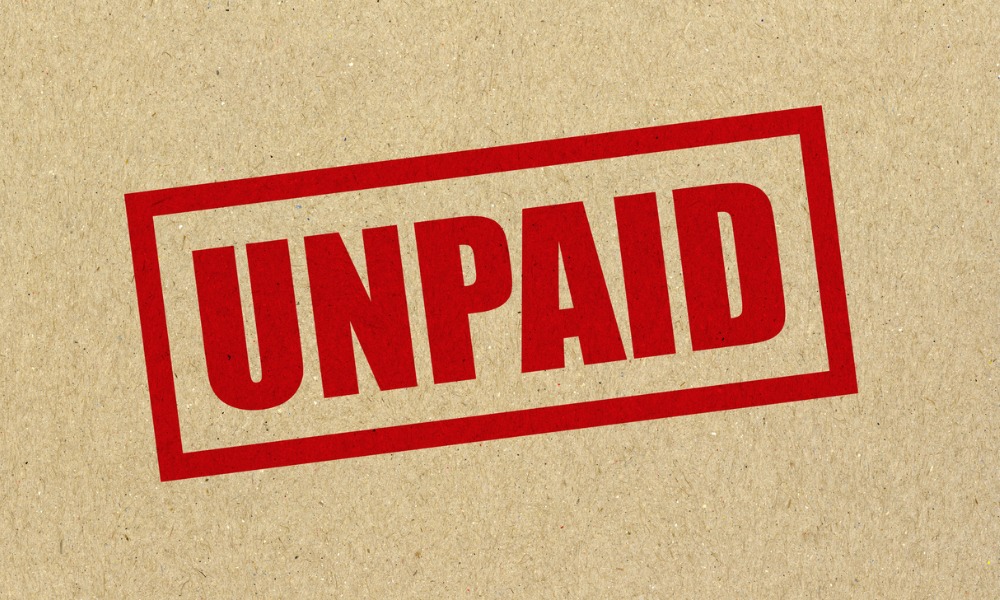'I wish every manager would review this guide before they hire their first employee'

Widespread misinformation and outdated practices related to employment law are leaving Canadian employers open to liability and lawsuits. That's according to Stuart Rudner, founder of Rudner Law and author of UKG's new eBook Canadian HR Law: The Essential Reference Guide – 2022 Edition. Speaking to HRD, Rudner revealed that the lack of correct guidance is leading to confusion and, all too often, legal issues.
"I wish every manager would review this guide before they hire their first employee," he said. "Most of my work as an employment lawyer arises from a lack of understanding of the client's legal rights and obligations. Unfortunately, they don't have sufficient knowledge of the law."
Understandably, many leaders and hiring managers don't know employment laws intimately. Moreover, most businesses in Canada are small ones that don't have in-house legal teams or employment law departments.
Read more: WestJet suspends flights amid staff shortage
Employment laws were already complex. Since the COVID-19 pandemic, employment law has evolved into something more complex than before. For example, as Rudner told us, issues such as the legality of temporary layoffs were major considerations for many employers over the past two years.
"When it came to temporarily laying off workers, employers took different approaches. Some assumed they had the right to impose temporary layoffs; they went ahead with them, not realizing it caused the risk of constructive dismissal claims. Other employers understood they might be at risk, but proceeded with layoffs anyways, taking some steps to mitigate the potential liability."
Read more: Financial stress: Why HR should help employees manage their money
And it isn't just employers who are misinformed; employees are also woefully unaware of their legal rights in the workplace. For that reason, Rudner believes this comprehensive resource, The Canadian HR Law Guide, isn't just a good read for employers; it can also help clear up questions workers may have.
"Of course, it’s important to remember that each situation is unique and may require a different approach. You should seek the expertise of an employment lawyer," cautioned Rudner, "And our guide will go a long way in helping employers understand their legal responsibilities – and the repercussions of ignoring them. At least it should help them understand when they should speak with an HR Lawyer.
The crux of the issue is this’: many employers don’t treat their employment relationships as legal relationships, so they don’t consider the potential legal issues that can arise from their actions. Employers also assume that they know how things work and how to do things. Those can be expensive assumptions. In my 23 years of practice, I’ve noticed that once the employer gets “burned” once, " they realize the value of getting proper advice ahead of time."
Don’t wait for litigation. Instead, download the 2022 edition of the Canadian HR Law Guide to better understand your legal responsibilities as an employer.








